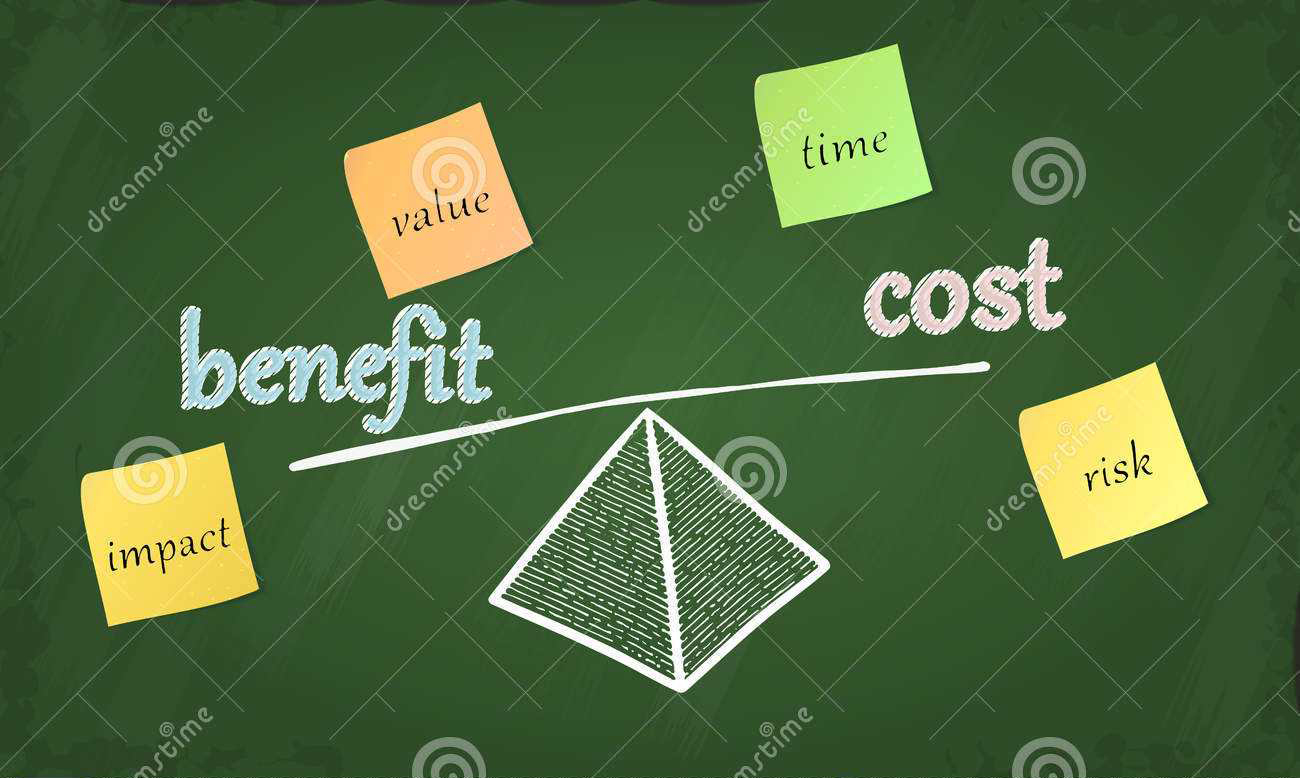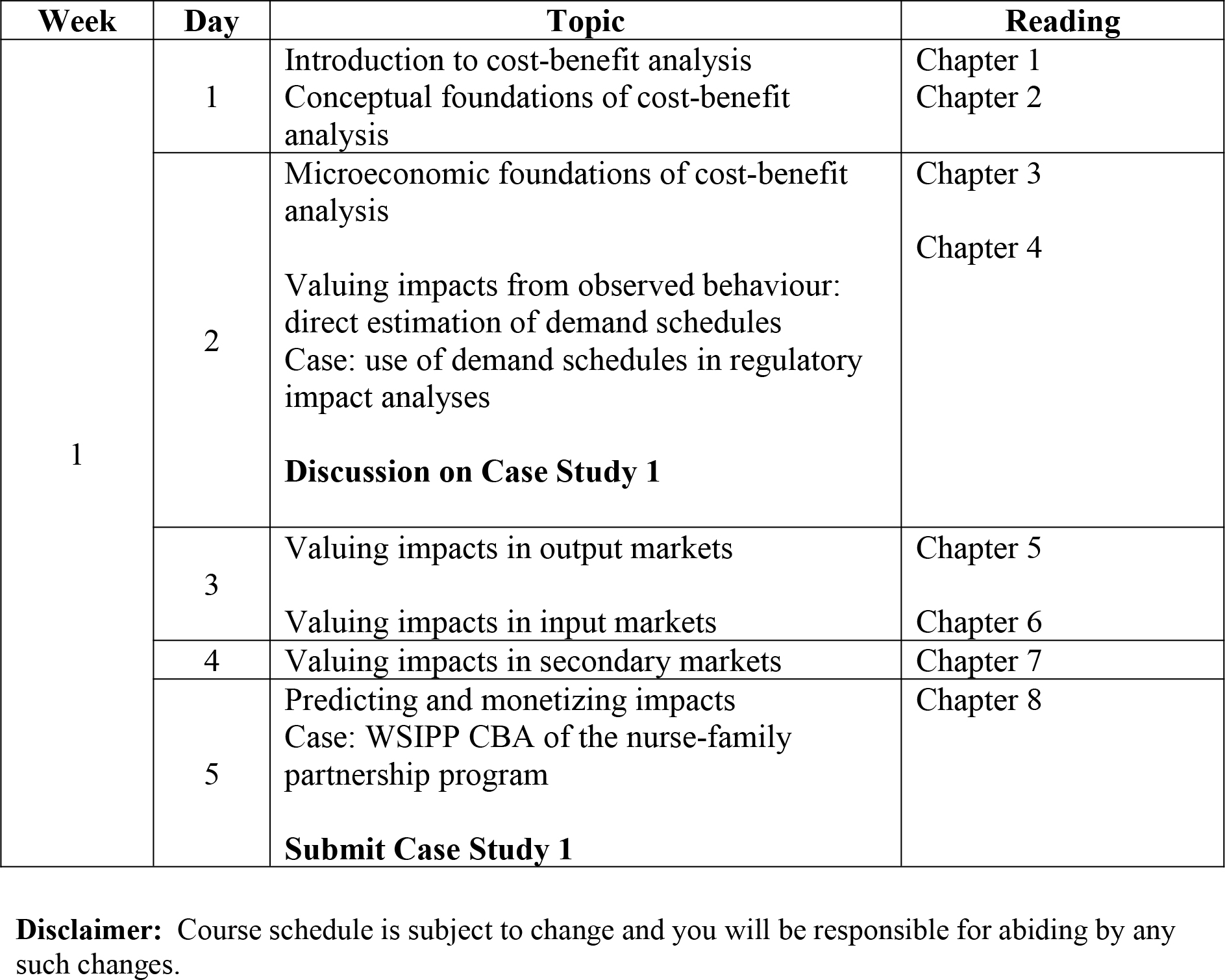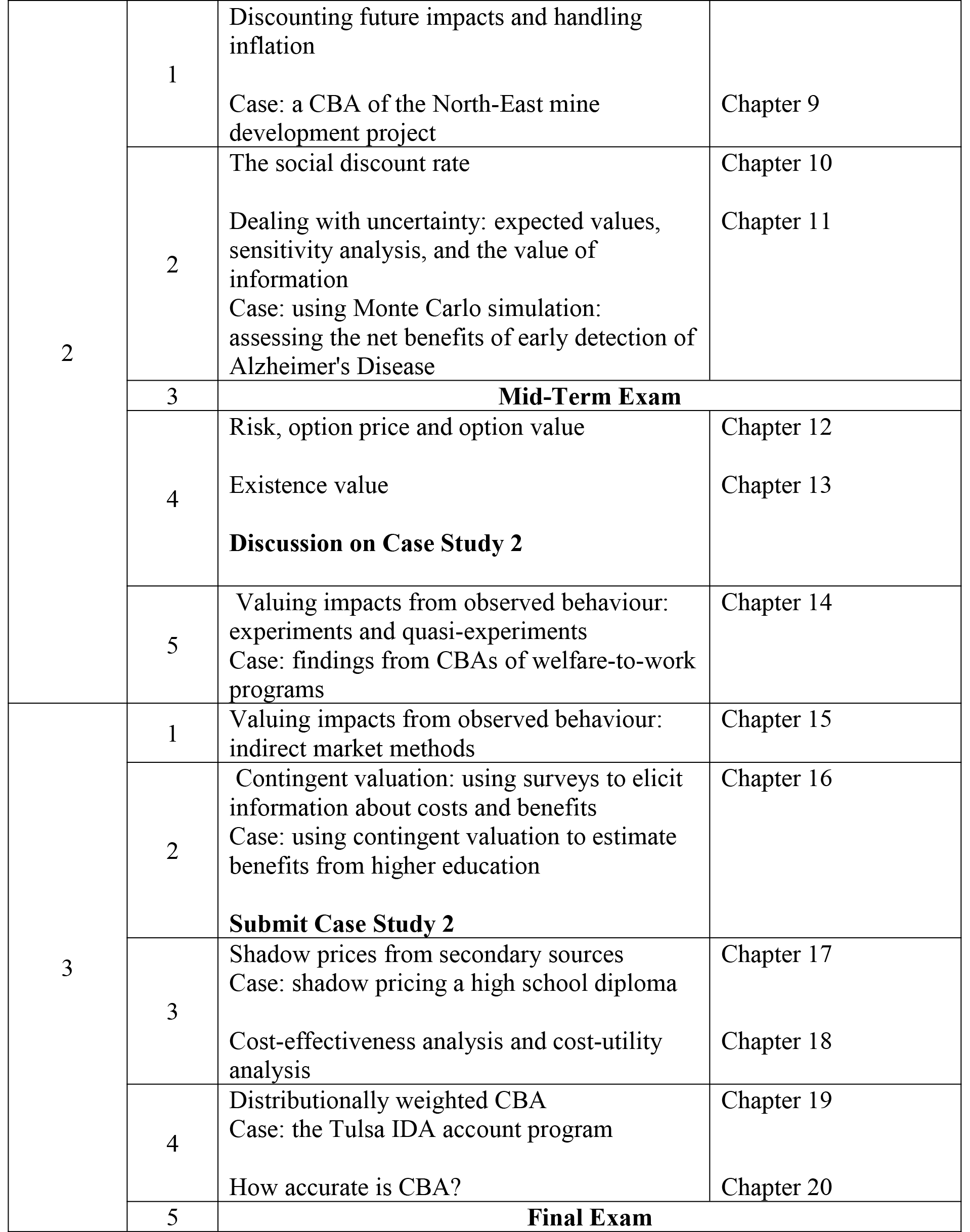BUS315 Cost-Benefit Analysis for Business

Governments want to evaluate projects and assess policy to measure the monetary impacts of policy changes. Cost-benefit analysis (CBA) is a powerful tool and a strong analytical framework for evaluating policies and improve decision making for the government.....
Governments want to evaluate projects and assess policy to measure the monetary impacts of policy changes. Cost-benefit analysis (CBA) is a powerful tool and a strong analytical framework for evaluating policies and improve decision making for the government. This analysis can be used to strengthen a wide range of public policy choices, such as making a decision on changes of social welfare and tax system, choose a regulation, and to undertake an infrastructure project.
Businesses want to cut down expenditure and improve productivity. Managers want to identify and quantify the benefits and the costs of a planned action. Cost- Benefit Analysis is the fundamental assessment behind virtually every business decision, due to the fact that business managers want to spend money if only the benefits exceed the costs. For businesses, CBA has become an intrinsic tool to analyse, understand and evaluate a wide range of business opportunities. Some business decisions that may be facilitated by the CBA include whether or not to recruit an employee, purchase equipment, relocate a business, modify a policy, and introduce new technology.
This unit begins with concepts and theories of cost-benefit analysis that defines what is cost and benefit then goes on to apply these concepts through various case studies. After completion of this unit students will have a comprehensive understanding of the theories, applications, advantages and challenges of benefit analysis.


